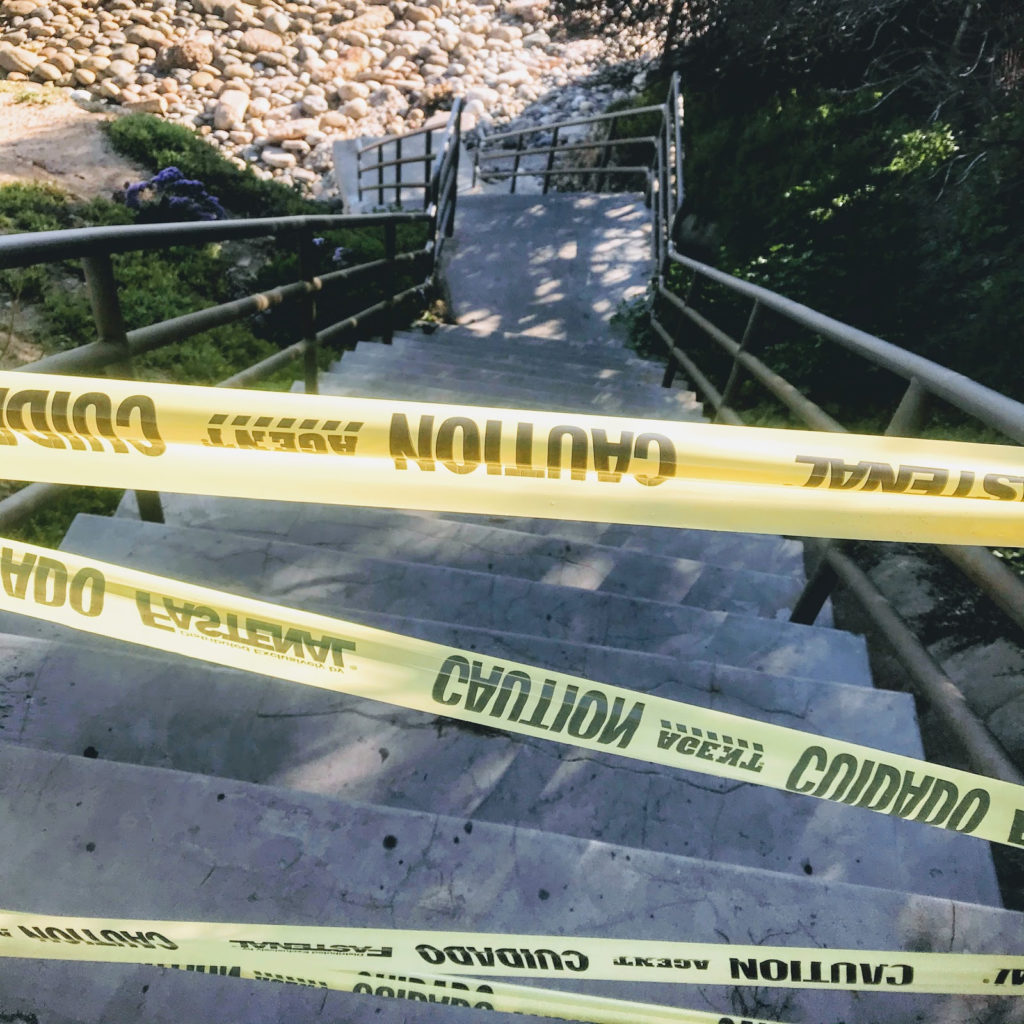CAMARILLO — State and local efforts to stem the tide of the COVID-19 pandemic have left many American coast dwellers without beach access and surfers landlocked.
CSU Channel Islands (CSUCI) Assistant Professor of Environmental Science & Resource Management Dan Reineman, Ph.D., is investigating the social ramifications of beach and ocean access restrictions across the state of California and the nation by launching a nationwide survey aimed at the surfing community.
Reineman is asking surfers across the nation to participate in a survey: www.coastography.org/SADsurvey and share it with their surfing friends.
“We laud the heroic work of public health officials,” he said. “Under their direction, the curve is flattening. We know these efforts have significance beyond the widely reported economic ramifications. With this survey, we are exploring the effects of coastal closures on surfers.”
Reineman said he’d like surfers to participate soon because the situation at beaches is fluctuating constantly as communities respond to the spread of the COVID-19 pandemic. For example, Governor Gavin Newsom was reportedly going to close all California beaches beginning May 1, but then modified that order to just affect Orange County beaches.
“The situation is extremely dynamic, with different coastal communities implementing different policies at different times,” Reineman said. “Some beaches are closed now, some ocean access has been blocked, some have reopened already and some are open for locals only. As beach closures are temporary, it is critical for surfers to take the survey now.”
Reineman said that situations like this one illustrate inequities in our access to natural surroundings. “For example, you can still surf if you have an oceanfront house,” Reineman said. “Whereas those who rely on public beach access can’t.”
As Reineman pointed out recently in an LA Times editorial he co-wrote with colleagues from CSUCI’s Environmental Science & Resource Management program, the current situation is unprecedented, but also an ominous reminder. It can show us what life will be like years from now if we don’t do more about climate change and sea level rise.
“This is a unique opportunity to understand how changing access to public natural places can affect the people who rely on those places,” he said. “Surfing is an important component of the culture and economy of many coastal communities and in the lives of surfers. But surfing is also vulnerable to sea level rise and coastal development, just as other important natural places are in danger from climate change and other impacts.”
About California State University Channel Islands: CSU Channel Islands (CSUCI) is reimagining higher education for a new generation and era. We are an innovative higher education institution that enables students to succeed and thrive – serving as an engine for social and economic vitality that provides the intellectual resources necessary for a thriving democracy. With more than 7,000 students, 1,200 employees and 14,000 alumni, CSUCI is poised to grow in size and distinction, while maintaining one of the most student-focused learning environments in public higher education. Connect with and learn more by visiting www.csuci.edu or CSUCI’s Social Media.

